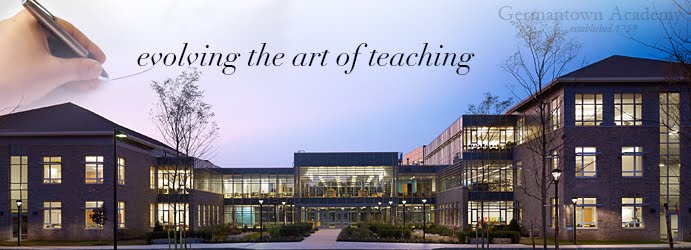ADHD.
As teachers we are all familiar with the term: Attention Deficit
Hyperactivity Disorder. We recognize it
in the student who stares out the window at the falling snow instead of
listening to instructions, in the child who fiddles with his pencil, jumps out
of her chair, answers your question about the novel by asking to go to the
bathroom.
Researchers have continued to study
ADHD over the years and their understanding of its complexities and the most
effective strategies for helping students who experience it has deepened and
broadened.
Please join us on Thursday, April 7th 3:30-4:45
in the BCI for our next 1st Thursday
meeting,
facilitated by our school psychologists, Janet Maurer, Andrea Kurtz, and Angie
Jones. We will discuss the article ADHD in
kids: What many parents and teachers don’t understand but need to know which includes a much
broader and more positive description of ADHD, its symptoms and recommendations
for addressing the condition. It will,
of course, be important for participants to have read the article prior to this
meeting.
Below are a
few excerpts from the article:
“Many think it is simply about kids who
can’t focus on their work or sit still, but there is a great deal more to it,
experts say, and student achievement in school suffers because the condition is
misunderstood.”
“In fact, what we call ADD (a terrible
term, as it is not a deficit of attention but rather a wandering of attention,
and it is not a disorder in my opinion but rather a trait; if you manage it
properly it can turn you into a phenomenal success…”
“On the positive side, which people
rarely discuss, people with ADD are the people who founded this country.
They tend to be visionaries, dreamers, explorers, inventors (Edison was a
classic), path-finders, discoverers, entrepreneurs (almost all entrepreneurs
have ADD), creative types, original thinkers, paradigm breakers, trend-setters,
free thinkers, as well as being big-hearted, trusting, generous, and fun.”
“Treatment includes, first of all,
education.”
This
is an important topic, and I hope that many of you can join us for this
conversation. Please mark your planbooks now and please RSVP to Maggie
@maggie.mcveigh@germantownacademy.org



